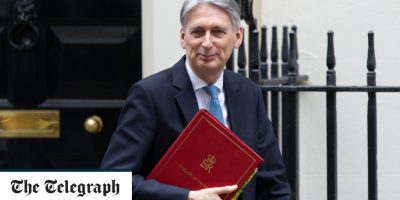Savers can make £175 by moving their current account to HSBC, but only if they take out one of the bank’s top accounts.
HSBC will pay the sum to those who take out one of its premier or advance accounts. Premier account holders must have a salary of at least £75,000, an HSBC mortgage, or savings or investments of no less than £50,000 held with the bank.
Customers must pay in at least £1,750 a month, or £10,500 every six months to get an HSBC advance current account. Both premier and advance customers must also set up two direct debits to set up their accounts.
Those who opt for HSBC’s standard current account will receive £75.
Cash current account switching deals from rival banks are rare. Nationwide will pay £100 to those who sign up after being recommended by an existing customer, who will also get £100.
TSB has a similar deal, and today raised the amount it pays new customers, and existing ones who refer them, from £75 to £100.
But other banks are not enticing customers to switch with cash offers, and many that did now choose not to. One is Halifax, which previously offered £150 but now pays nothing.
Rachel Springall, of Moneyfacts, the financial analysts, said January was normally a good time of year for cash switching deals, and that so far 2020 is an exception.
Ms Springall said: “There tends to be a January sale with current account switching offers, with banks trying to entice customers to join. It seems those perks are drying up a bit."
No current deals come close to the £200 paid by HSBC to switchers in September last year. The best-ever offer was £250, paid in 2017 to those taking up a B current account at Clydesdale and Yorkshire banks.
Craig Bundell, of TSB, said the bank had given away more than £1m since it launched its switching offer last April. The deal will end on February 28.
























Comments